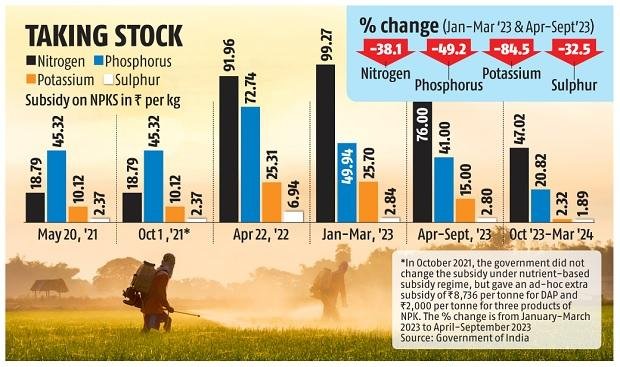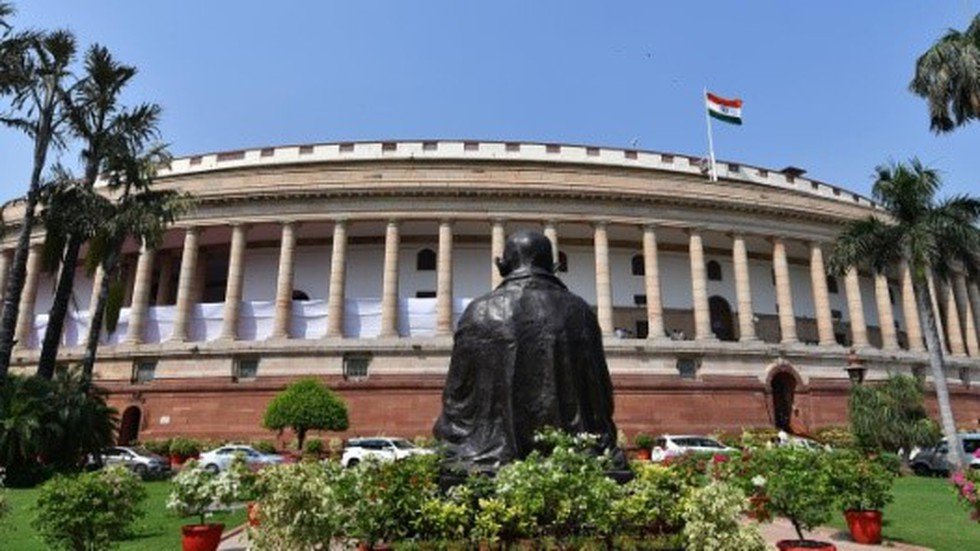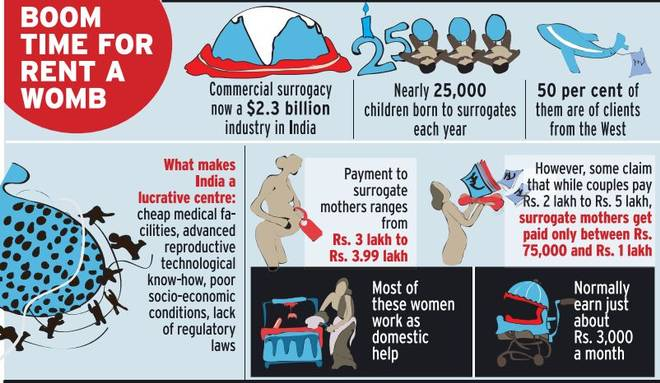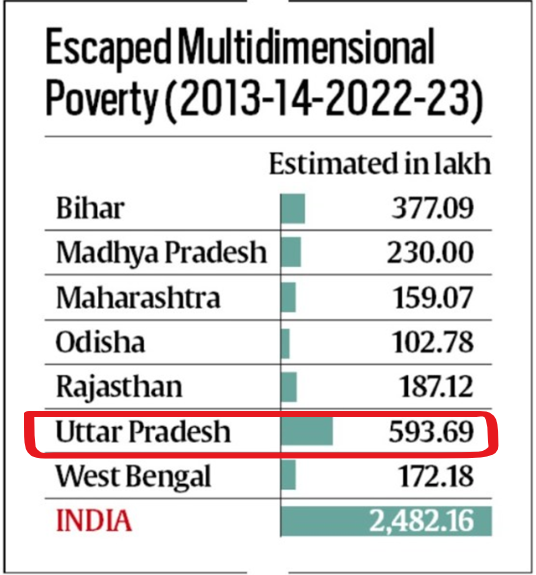
Political Party and Third Party Electoral Funding
Subscribers of "Current Affairs" course can Download Daily Current Affairs in PDF/DOC
Subscribe to Never Miss an Important Update! Assured Discounts on New Products!
Must Join PMF IAS Telegram Channel & PMF IAS History Telegram Channel
- Context (TH I ET): Experts have described the 2024 general elections as the most expensive in the country’s history.
- The Representation of the People Act, 1951 (RPA) sets spending limits for candidates but does not restrict political party and third-party spending.
- The projected expenditures for the 2024 general elections far exceed the 2019 poll spending, which topped out at Rs 55,000-60,000 crore.
- According to International IDEA, 65 countries around the world, including the U.S., the U.K., Canada, and Brazil, have a cap on election expenditure of political parties.
- This framework starkly contrasts with the scenario in India, where the absence of such caps has led to a lopsided expenditure landscape.
Third-party Campaigners
- Third-party or non-party campaigners refer to individuals or groups participating in campaign activities during elections without being formally registered as political parties or candidates.
- However, the term has not been clearly defined in the Indian electoral laws.
- While the issue of regulating political party expenditures is widely discussed and debated, regulation of third-party involvement is often overlooked.
Impact funding by Political parties and Third-Party campaigners
- The Big National Parties like BJP and Congress have deep pockets with respect to other national parties and state political parties. This has not only opened the floodgates for parties’ unchecked expenditures but also paved the way for a skewed level playing field in which financial muscle trumps meritocracy.
- Record-breaking election spending is set to ignite rural demand, boosting sales.
- The exorbitant sums poured into campaigns tilt the scale of competition, disadvantaging independent or less financially endowed candidates.
- The unchecked expenditures and the nature of content posted by third-party campaigners raise severe issues around the lack of transparency and accountability of such actors.
- Without the electoral bond scheme, the absence of third-party expenditure regulation could lead to increased quid pro quo and unaccounted money in elections.
To know more on Recommendations for electoral funding> Electoral Funding & Recommendations.

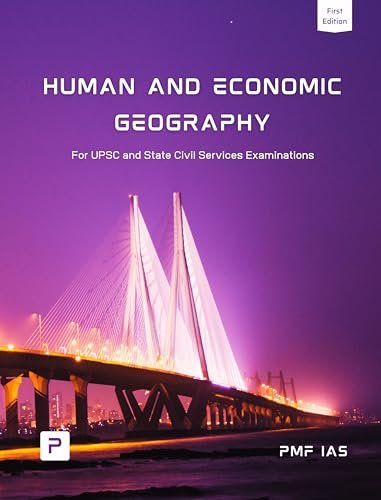


![PMF IAS Environment for UPSC 2022-23 [paperback] PMF IAS [Nov 30, 2021]…](https://pmfias.b-cdn.net/wp-content/uploads/2024/04/pmfiasenvironmentforupsc2022-23paperbackpmfiasnov302021.jpg)
